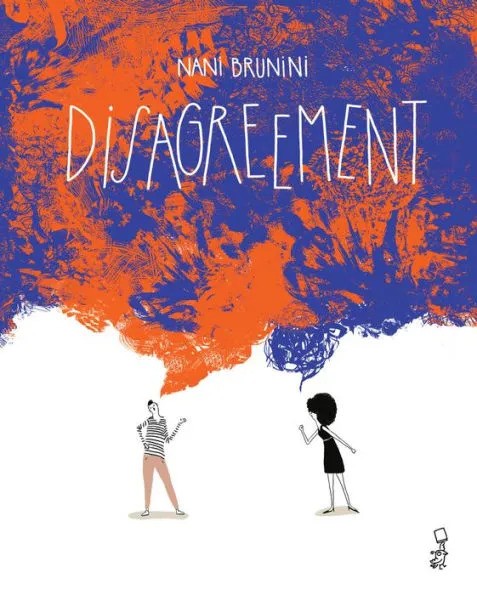 Disagreement by Nani Brunini is a thought-provoking visual portrayal of the evolution, consequences and resolution of a disagreement. Originally published in Portugal as Discórdia, Brunini uses a limited color palette to visually convey the way a disagreement began with a thought exchange between two individuals, but eventually sucks in and escalates to involve a whole group of people shouting at each other, and becoming consumed with the disagreement.
Disagreement by Nani Brunini is a thought-provoking visual portrayal of the evolution, consequences and resolution of a disagreement. Originally published in Portugal as Discórdia, Brunini uses a limited color palette to visually convey the way a disagreement began with a thought exchange between two individuals, but eventually sucks in and escalates to involve a whole group of people shouting at each other, and becoming consumed with the disagreement.
Brunini starts and ends the story on the end pages, using double-page spreads throughout the book. The story begins with a young woman offering a thought bubble about something, represented by a small blue nest of squiggly lines. On the following spread her male companion offers a response, represented with orange blurry lines and smudges. On the next spread the blue nest and orange smudge become bigger as the characters put hands on hips and stand firm. Two characters watch from the side at first, but on the following spread they join in with their own thoughts which have become even bigger as the characters ball their fists and point fingers. On the next spread the disagreement with now six individuals spills across half of the image, the orange and blue weaving in and out and on top of each other. Each following spread adds characters contributing to the disagreement until the disagreement becomes personified as an enormous cat-like monster that chases and consumes the individuals. Continue reading


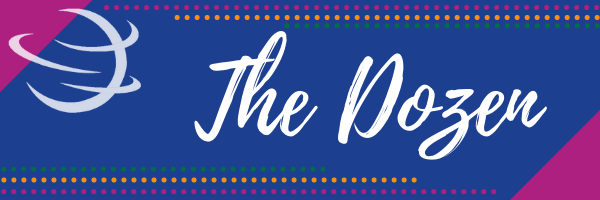

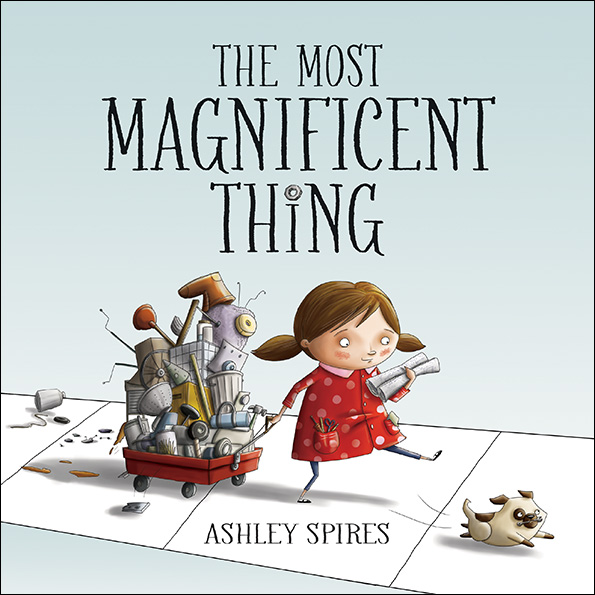
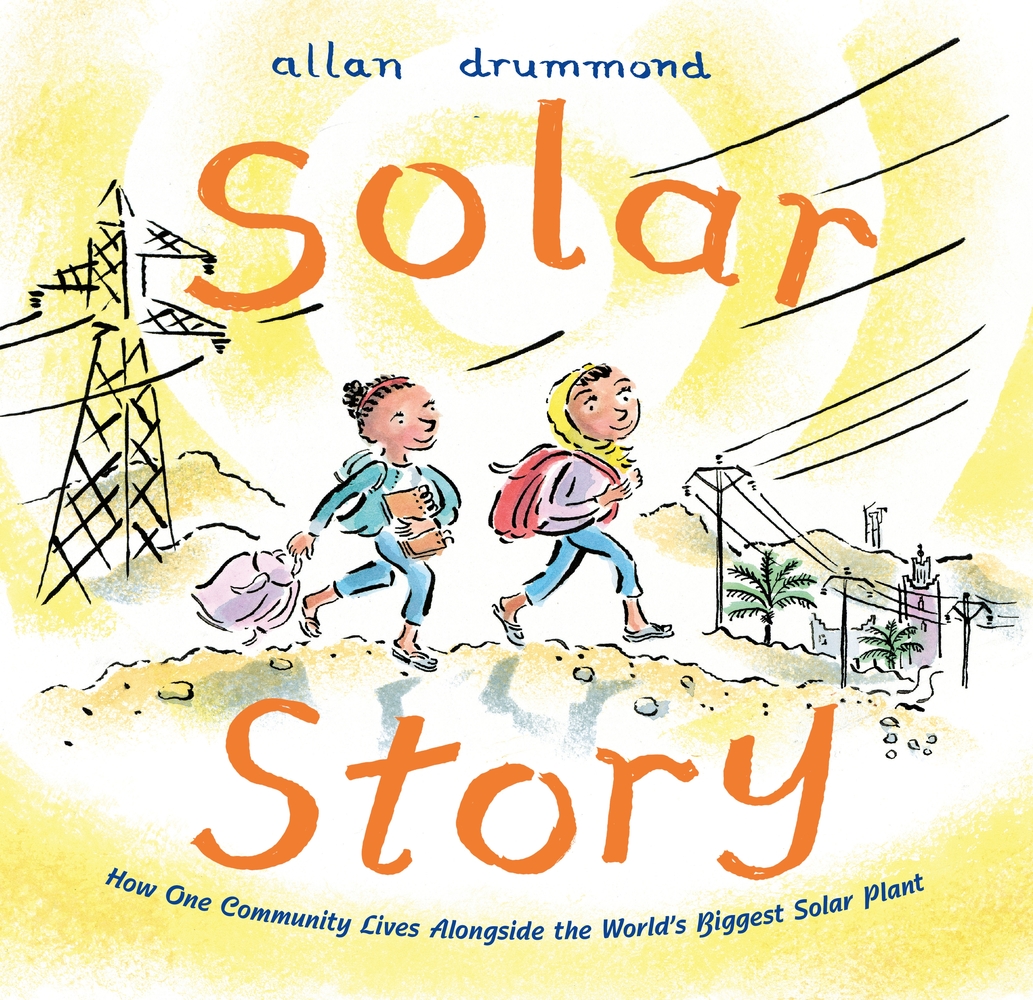
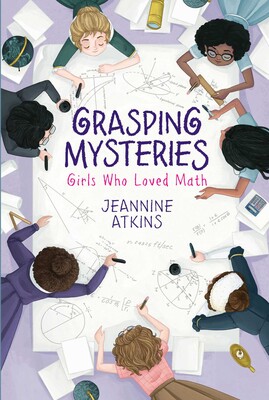
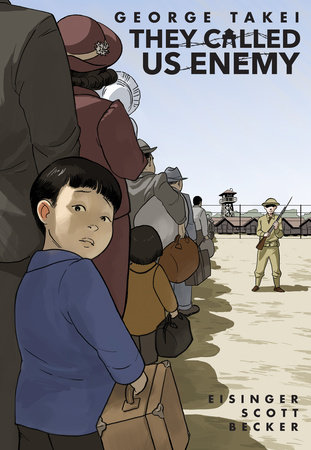
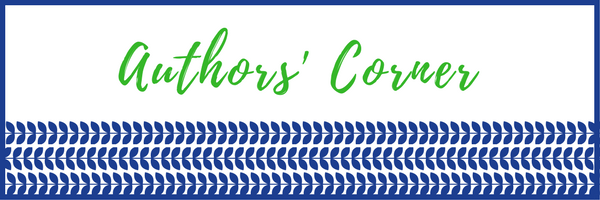
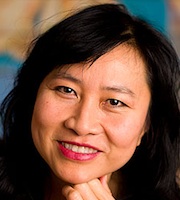
 Multiple cities in the U.S. have been racked by civil unrest, whether the protesters are frustrated with racial inequalities, face mask policy or simply tired of the limitations of living in a pandemic. Children cannot miss hearing the strong emotions that are projected in the media or felt by adults as they eavesdrop on conversations. The resulting need is to help them think about these big events and the strong emotions that ensue.
Multiple cities in the U.S. have been racked by civil unrest, whether the protesters are frustrated with racial inequalities, face mask policy or simply tired of the limitations of living in a pandemic. Children cannot miss hearing the strong emotions that are projected in the media or felt by adults as they eavesdrop on conversations. The resulting need is to help them think about these big events and the strong emotions that ensue.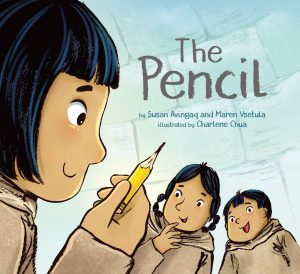 The world economic crisis due to COVID-19 has left many unemployed. Newscasts report on long lines of people waiting to enter food banks or receive relief supplies. Then they report on the latest bankruptcy and use terms that hearken back to the Great Depression. Most of us know someone who has suffered from the economic downturn, which, in turn, creates anxiety in the rest of us.
The world economic crisis due to COVID-19 has left many unemployed. Newscasts report on long lines of people waiting to enter food banks or receive relief supplies. Then they report on the latest bankruptcy and use terms that hearken back to the Great Depression. Most of us know someone who has suffered from the economic downturn, which, in turn, creates anxiety in the rest of us.